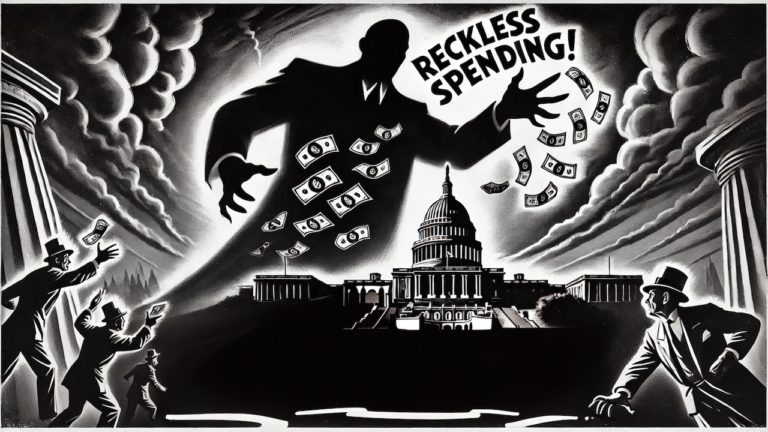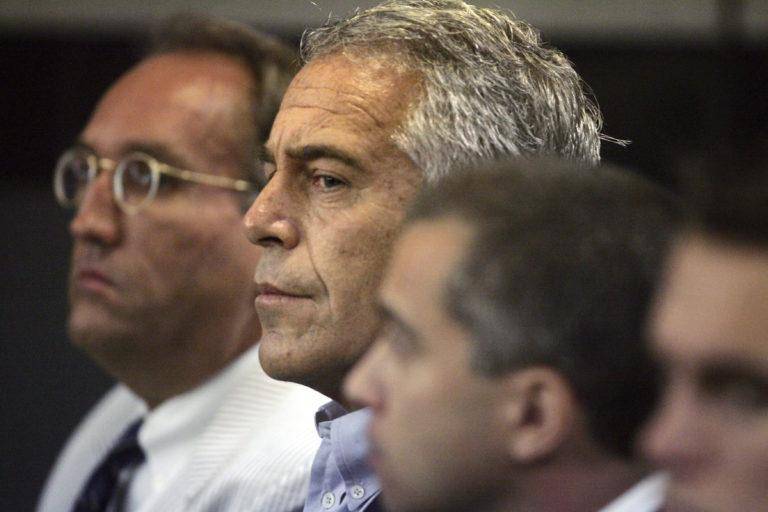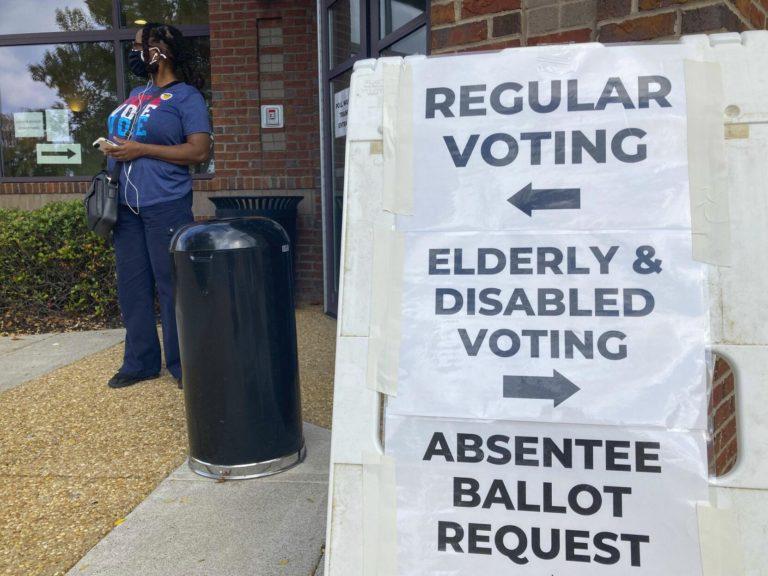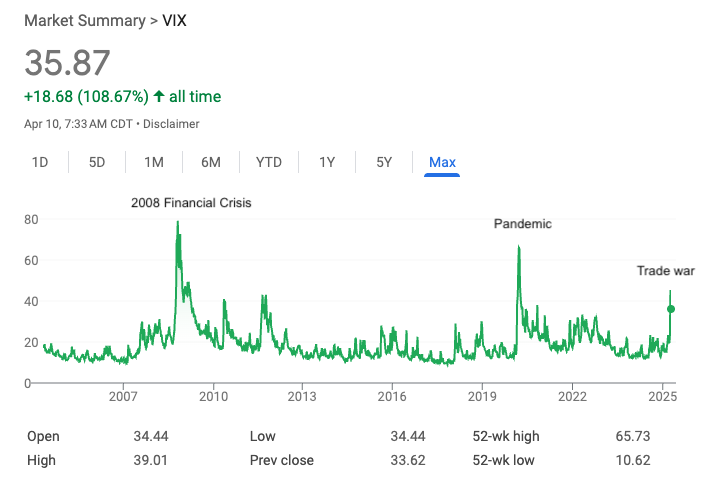(Thérèse Boudreaux, The Center Square) President Donald Trump’s tax cuts are set for permanent extension after the House narrowly passed a $5.8 trillion over ten years concurrent budget resolution that seemed poised to fail.
If the Trump tax cuts expire, as they are set to do at the end of this year, the average taxpayer will see a 22% tax hike as well as their guaranteed deduction slashed in half. The child tax credit would also reduce from $2,000 per child to $1,000 per child, The Center Square previously reported.
House Speaker Mike Johnson, R-La., had to postpone the Wednesday night vote after too many Republicans balked around supporting the bill, which authorizes a $5 trillion debt ceiling increase.
The 216-214 vote held Thursday morning saw only two Republicans present voting no, Reps. Thomas Massie, R-Ky., and Victoria Spartz, R-Ind.
Johnson was able to convince all other hardliners to vote yes with promises of deeper spending cuts than the bill requires.
The Senate’s amendment to the House’s $4.5 trillion budget resolution keeps the House’s savings targets — $1.5 trillion in House committee cuts — but establishes only a $4 billion savings floor for its own committees.
To do so, it changes the way the costs of extending the 2017 Tax Cuts and Jobs Act are calculated. By using a current policy baseline, which treats the extension as a continuation of current law rather than new policy, the Senate-revised resolution would theoretically subtract $3.8 trillion from the budget’s price tag.
The resolution also gives Senate committees an extra $1.5 trillion to spend and make Trump’s tax cuts permanent since it puts the costs of extension at zero.
Normally, the chambers adopt identical budget resolutions giving House and Senate committees the same savings targets before moving forward in the budget reconciliation process. But Thune and Johnson decided the quickest way to enact Trump’s priorities was by taking a two-tier approach that saves the alignment and other details for later.
Critics have called the use of current policy baseline a “gimmick.” The Congressional Budget Office has estimated the Senate’s plan will in reality add at least $37 trillion to the national debt over the next 30 years, a more than 100% increase from the current level.
The Committee for a Responsible Federal Budget warned that the Senate’s plan will add at least $5.8 trillion to the federal deficit over the next ten years, costing as much as the 2017 TCJA, CARES Act, American Rescue Plan, and Bipartisan Infrastructure Law combined.
“The Senate’s excuses – that they need flexibility, that this is just a step to unlock the process, that they promise they will come up with trillions of spending cuts – don’t hold water,” CRFB President Maya McGuineas said. “And their use of the egregious ‘current policy’ gimmick should show plainly to every fiscal hawk that they have no intention of actually coming up with the savings necessary.”
Democrats are saying that the concurrent resolution necessitates future cuts to Medicaid since it requires the House Energy and Commerce Committee to find $880 billion in spending cuts.
The passage of the resolution kicks off the budget reconciliation process in earnest, as House and Senate committees will begin crafting program-specific legislation fulfilling the spending and saving requirements to enact Trump’s tax, border, and energy agenda.











